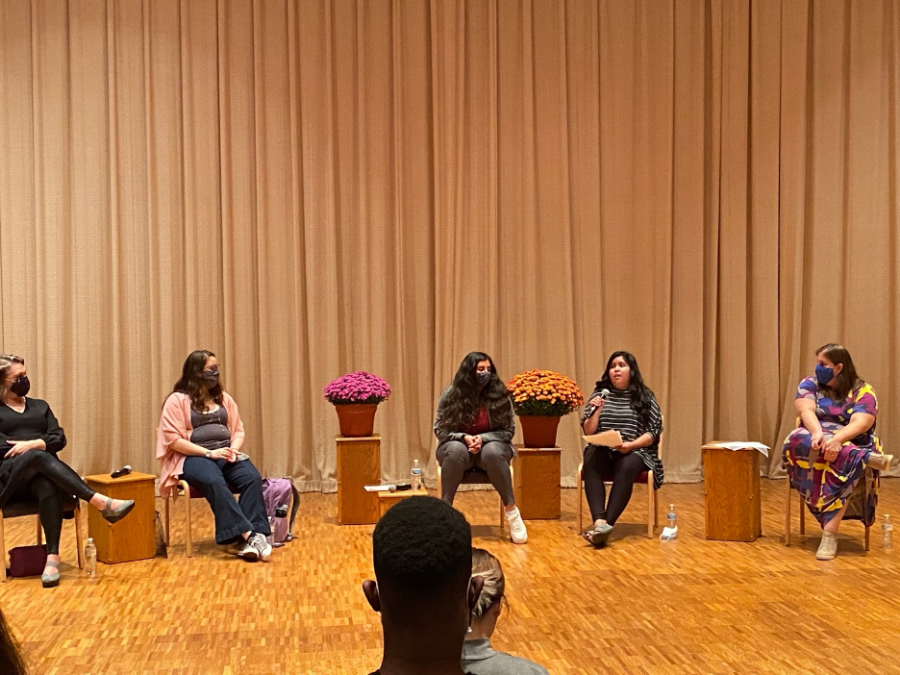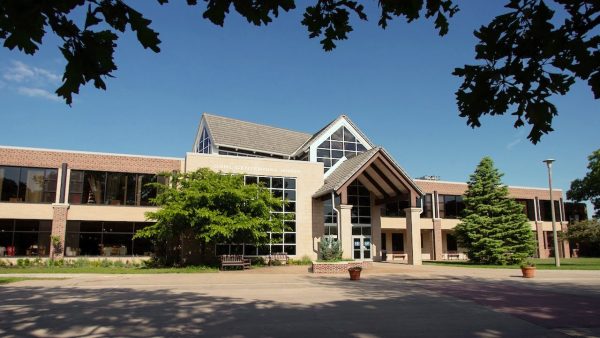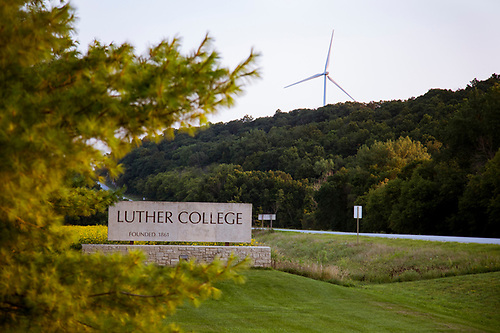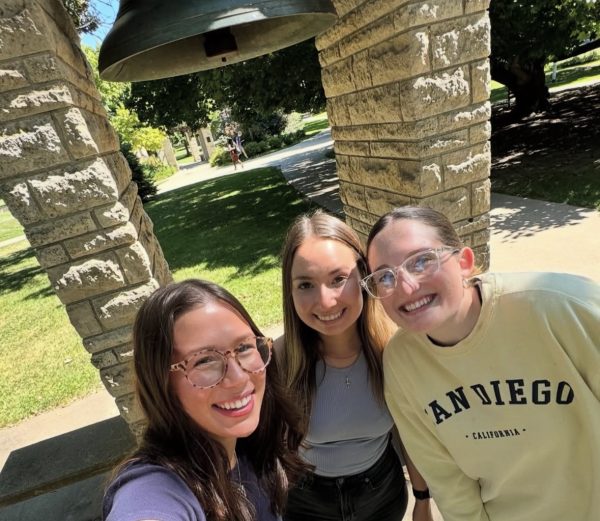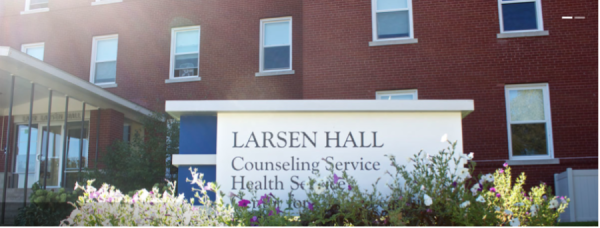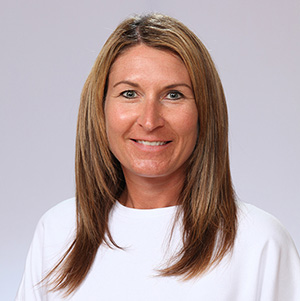“Here’s my story,” Luther hosts panel discussion on neurodiversity
Five panelists gathered in the Recital Hall of the Center For Faith and Life on Wednesday, October 6, to discuss their experiences of neurodiversity on and off campus. Among the panelists, counselor from Luther’s counseling service Bobbi-jo Molokken, Professor of English Lindsey Row-Heyveld, Brandt Hall and Apartments Area Coordinator Vanalika Nagarwalla (‘21), and current students Hannah Doyle (‘22) and Stefanie Maas (‘22) spoke about their experiences dealing with their neurodiversity, including attention deficit hyperactivity disorder (ADHD), dyslexia, obsessive compulsive disorder (OCD), and autism.
Neurodiversity describes the differences in how humans process information in different environments. As each panelist went around sharing their stories about being neurodivergent, they often talked about their personal or academic lives. For panelist Nagarwalla, having healthy and realistic role models of neurodivergence, as well as raising awareness about the different kinds of neurodiversity that people may experience unknowingly, is vital in any discussion of neurodiversity on campus.
“Having people who are neurodivergent [and] succeeding is a very important part of your journey as someone who is neurodivergent,” Nagarwalla said. “But also for members to recognize that they might be neurodivergent in some way or another.”
For neurodivergent students making their way through higher education, there are stigmas and stereotypes that can affect how other students, professors, and academic institutions treat them. Doyle, who is autistic, said that more needs to be done to educate students about neurodiversity, because it impacts how neurodiverse individuals are treated in the real world.
“There are many misconceptions regarding neurodiversity and different disabilities, which affect how students, faculty, and the institution in general, treat neurodiverse individuals,” Doyle said. “Academic institutions prepare people for going out into the real world, and neurodiverse people are a part of the real world. Academic institutions need to teach students about all types of diversity that they may encounter: neurodiversity is part of it.”
The panelists noted how recognition of neurodiversity is a way for neurodivergent and neurotypical individuals to combat stereotypes and prejudices. Molokken explained why some neurodivergent individuals go through their early life misunderstood, and how research plays a role in perpetuating stereotypes.
“We hold many stereotypes about how individual neurotypes might present, and in turn misunderstand what that experience is truly like for individuals who hold those identities,” Molokken said. “Gender bias has been at play within research and diagnostic criteria for a long time as well, which leads female-identifying and gender non-conforming individuals to have missed or later in life diagnosis.”
Among the many stereotypes placed on neurodivergent individuals is a misconception of an inherent ability to succeed in school or an ineptness in navigating through social interactions. Doyle sees this as an issue, as for her, it presents a single standard that all neurodivergent individuals may not directly fit into.
“Some common preconceptions are that autistics will be great at math and science but not as good in other subjects, and will be unable to interact with people in a social setting,” Doyle said. “That they are geniuses or have very high IQs–be savants–or that they cannot understand subtext. This is a very square interpretation of autistics, when they can be very different from this and vary to a great extent. They are circles that people are trying to push into square holes.”
Stereotypes and stigmas surrounding neurodiversity, especially in academic institutions, present barriers for neurodivergent students to fight against in order to feel seen and heard. Having discussions surrounding neurodiversity and learning differences among students and faculty make Luther a more inclusive space for neurodivergent and neurotypical students, staff, faculty, and visitors alike.

